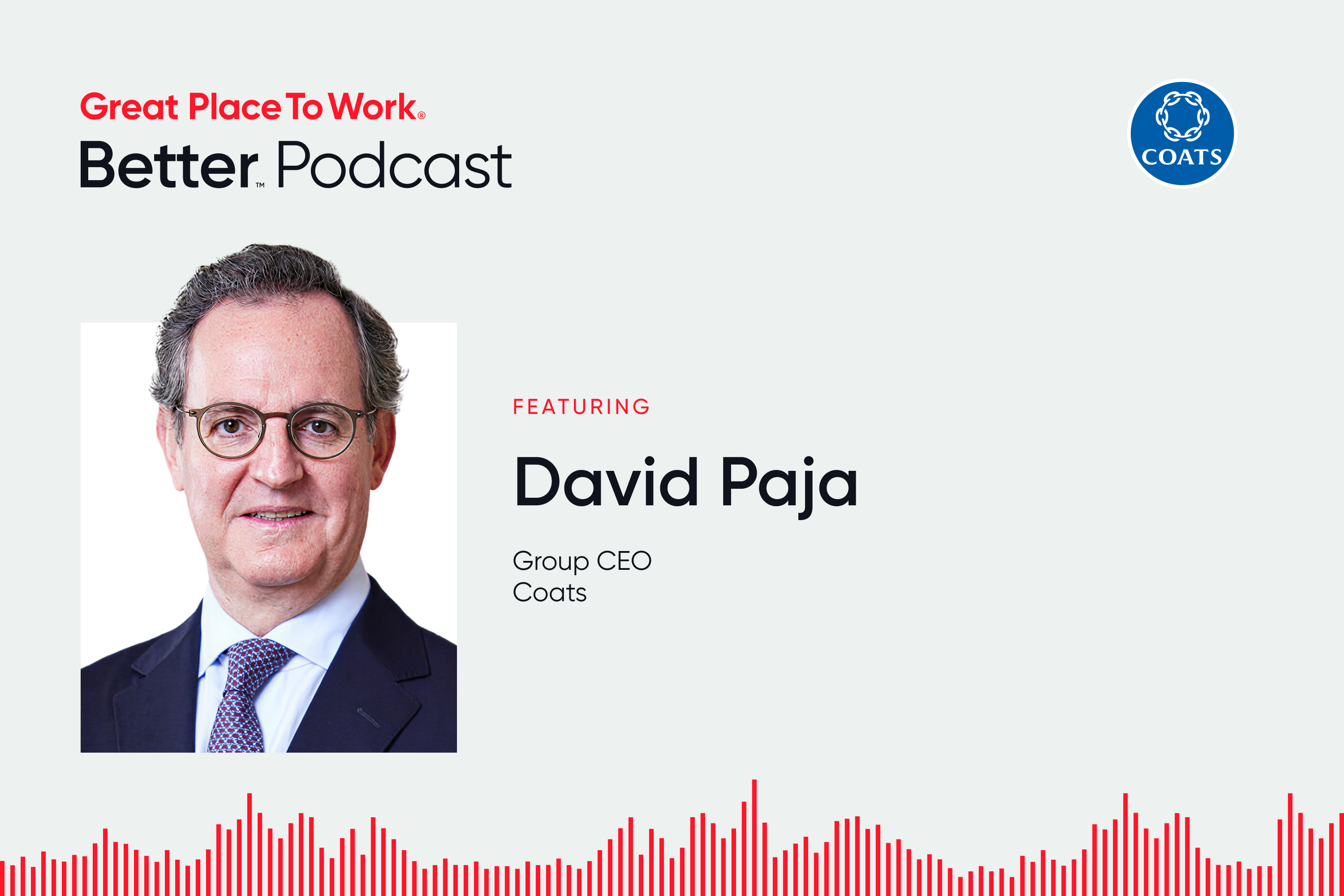DEIB, Recruiting, Talent Acquisition
Here are three strategies to help veterans thrive in your company.
For employers seeking candidates with in-demand attributes like entrepreneurial mindset, curiosity, leadership, self-awareness, and growth potential, veterans represent a unique and diverse community of untapped talent.
After eight years of active-duty service, I transitioned out of the military in 2019. I completed graduate school and began my job search as a civilian with the expectation that I would easily land a role.
I was quickly proven wrong. Not only did I need to learn how to find a role that matched my skill set, I also had to learn to translate my military experience so that employers could understand how my nontraditional background would benefit their company.
When I did land an interview, I was often met with hesitation and resistance. Interviewers asked questions such as:
- I don’t see how your experience applies. Can you connect the dots for me?
- I see in your résumé that you led a team of 30 people. Did you lead a project that included a team of 30 people, or were you the direct manager for a team of 30 people?
- The military is a highly structured and hierarchical organization. How will you adapt to a less structured organization?
These types of questions made me doubt that these interviewers could possibly understand a veteran’s employment experiences, or whether they were even capable of valuing my skills. When I interviewed with companies that understood the value I bring as a veteran, my enthusiasm for the company and the role increased knowing I would be appreciated and encouraged to bring the entirety of my professional experience to the table.
What veterans bring to the workplace
Hiring leaders should consider how military members’ unique experiences prepared them for civilian work by developing several highly sought-after employee traits:
- Entrepreneurial mindset. Veterans are self-motivated, proactive, and resilient. They demonstrate an entrepreneurial mindset through their ability to adapt and innovate in challenging situations, solve problems quickly, and think five steps ahead in any given situation.
- Curiosity. Although the common perception is that veterans are rigid and require clear structure, their experiences also foster curiosity, and a willingness to understand new concepts. Their curiosity drives them to explore new approaches to problems, which is crucial in businesses across all industries.
- Leadership. The military prides itself on developing strong leaders who can handle heavy responsibility in challenging conditions all over the world. Veterans spend many years leading teams of various sizes, making critical decisions, and ensuring their teams are cared for at every level, skills they can bring into civilian organizations.
- Self-awareness. Veterans’ experiences in the military often force them to confront their strengths and weaknesses, promoting a strong understanding of themselves and their influence on others. Self-awareness enhances their leadership abilities and allows them to adapt easily to diverse environments.
- Growth mindset. Veterans are committed to growth in every aspect of their lives. In the military, they are trained to operate at their highest potential, consistently seeking growth in all areas. This commitment to learning does not end when they transition out of the military — in the civilian workforce, veterans are 39% more likely to be promoted early compared to employees who did not serve, per data from LinkedIn.
Yet despite these desirable qualities, data shows that veterans are 70% more likely than non-veterans to take a step back in seniority during their careers. Furthermore, 33% of veterans are underemployed in lower-paying, more junior roles after transitioning to the civilian workforce.
So, how can companies create an effective veteran recruitment strategy to help veterans feel supported in their role as they adjust to a new work environment?
How to add veterans to your workforce
As a veteran who recently went through the military-to-civilian career transition, here are the top three strategies I recommend:
1. Develop a veteran-specific recruitment strategy
To effectively recruit veterans, companies should develop a plan that proactively pursues them rather than waiting for them to apply. An effective strategy could include partnering with organizations such as 50 Strong, which helps close the gap in veteran recruitment, and participating in hiring events such as the Service Academy Career Conference, which provides direct access to skilled veterans seeking new opportunities.
When looking for their first post-military role, many transitioning service members seek educational opportunities, transition programs, or hiring fairs for veteran support and recruitment. Companies such as DOD SkillBridge, Hiring Our Heroes, 50 Strong, American Corporate Partners, and the Service Academy Career Conference support veterans transitioning out of the military by facilitating connections with military-supportive companies looking to hire veterans.
By collaborating with veteran-focused organizations and creating veteran-specific outreach initiatives, employers can create a welcoming environment that highlights their commitment to hiring veterans.
2. Create a veteran-friendly culture
Celebrating veterans honors their unique contribution and sacrifice. Employers can honor veterans through appreciation events such as Veterans Day, create veteran-specific mentorship programs, and support shared experiences through a veterans’ employee resource group (ERG). By actively acknowledging the value and perspective veterans bring to the organization, you can create a veteran-friendly culture that strengthens cohesion and boosts morale.
3. Offer training and development opportunities
Offering training programs and development opportunities that align veterans’ military certifications with equivalent civilian credentials is essential. Many veterans face challenges in navigating the complexities of civilian qualifications. By providing resources to help update certifications and enhance skill sets, companies can empower veterans while clarifying career advancement opportunities. This approach fosters a sense of belonging and significantly improves employee retention.
Veterans’ business impact
Increasing the number of veterans in your workforce is not simply a gesture of support, it’s a strategic decision to improve your organization’s diversity, strength, curiosity, and resilience.
Veterans enhance organizations by fostering a culture of growth, excellence, and teamwork, and bring a wealth of experience that can drive your organization forward. By implementing veteran-specific talent strategies, you can build a more dynamic, diverse, and effective team within your organization.











